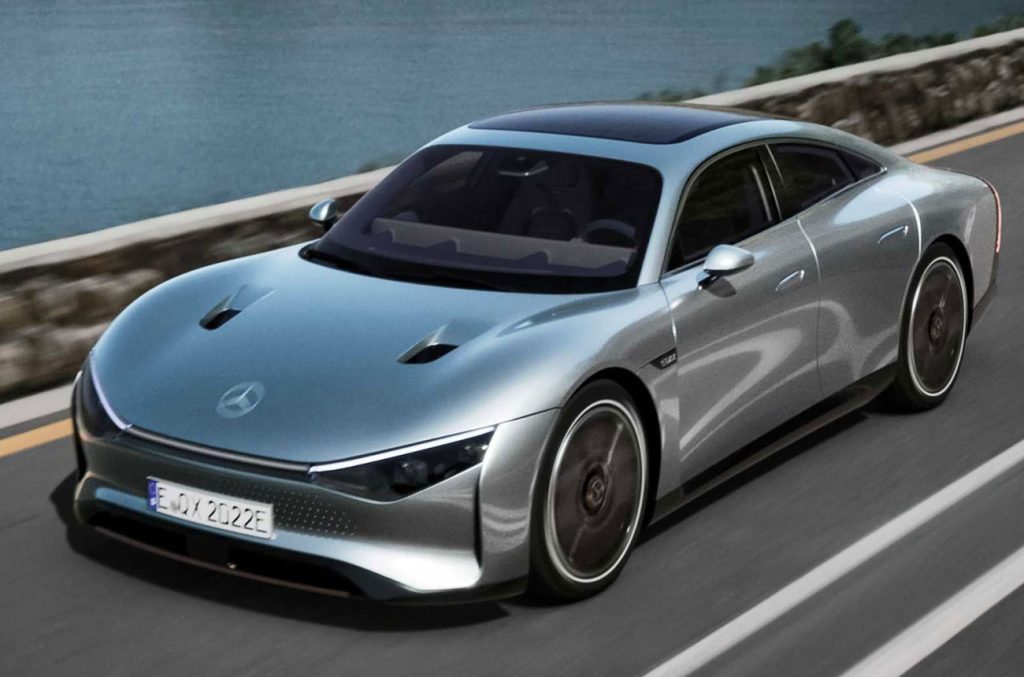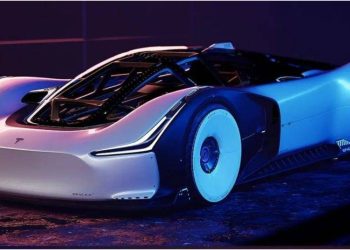The top management of Mercedes-Benz, aligned with the electrification strategy of its vehicles, which foresees that by 2025 half of the models will be 100% electric or plug-in hybrid cars, has decided to take control of motor production, an important step to quit outsourcing.
This was announced by Markus Schäfer, Chief Technology Officer of Daimler, according to Automobilwoche, where he emphasized that the goal of the prestigious company is to control the entire process of development and general manufacturing of the electric motor, battery and power electronics.
The Mercedes-Benz current models’ components are supplied by external manufacturers such as ZF and Valeo-Siemens.
What Technology will Be Used?
According to progress introduced by the German giant, the new powertrain of integrated internal development was revealed on the new Concept Vision EQXX, a car similar to a Gran Turismo sports vehicle that will be the trademark’s brand due to its impressive technology.

Mercedes Concept Vision EQXX Electric Vehicle
The propulsion system that Mercedes would use requires half the installation space, around a third lighter and has a superlative efficiency.
In addition, with the incorporated technological contribution, it can consume 10 kWh per 100 kilometers, significantly reducing current consumption rates of all electric cars on the market, which are above 15 kWh/100 km.
Mercedes also plans to build high-performance axial-flow electric motors developed in partnership with Yasa, a British company acquired by Daimler.
Related content: Germany will be the Initial Destination for Lucid Motors to Conquer Europe
An investment of more than 10 million euros has been allocated for this project over the next two years, while by the time the six-year transition period from diesel to electric motors begins, Mercedes will have spent more than 100 million euros.
For Schäfer, as electrification becomes part of Mercedes’ vehicle offering, the manufacturer is proceeding to adjust its production and supply requirements. He stresses that one of the flashpoints to be discussed is the expansion of capacity worldwide for the electric powertrain, due to the rapid electrification they are undertaking.
Mercedes stresses that with a battery of the same capacity as that implemented today in the EQS it would be possible to achieve ranges of up to 1,000 kilometers! This is especially true for the more compact next-generation electric models.
Written by I Jhonattan González












